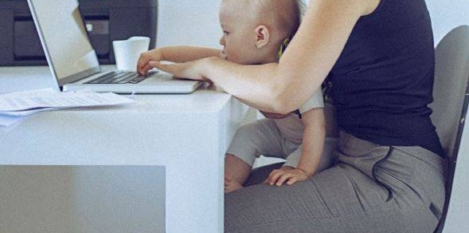March 4, 2016
Fewer than ten percent of business processes will rely on paper by 2018 0
 A new report from Xerox suggests that the use of paper in business processes continues to fall away. The Digitisation at Work report claims that the move from paper to digital processes is nearly upon us although many of the 600 survey respondents admit they may not be ready for it. The report found concerns remain over paper-based processes, with cost (42 percent) and security (42 percent) cited as primary issues. Survey respondents predicted an average of nine percent of key business operation processes will run on paper in two years time. However, over half (55 percent) of the respondents admit their organisation’s processes are still largely or entirely paper-based and about a third (29 percent) are still communicating with customers via paper.This is despite the fact that 41 percent agree moving to digital workflows will cut organisational costs and 87 percent appear to have the skill sets available to make this happen.
A new report from Xerox suggests that the use of paper in business processes continues to fall away. The Digitisation at Work report claims that the move from paper to digital processes is nearly upon us although many of the 600 survey respondents admit they may not be ready for it. The report found concerns remain over paper-based processes, with cost (42 percent) and security (42 percent) cited as primary issues. Survey respondents predicted an average of nine percent of key business operation processes will run on paper in two years time. However, over half (55 percent) of the respondents admit their organisation’s processes are still largely or entirely paper-based and about a third (29 percent) are still communicating with customers via paper.This is despite the fact that 41 percent agree moving to digital workflows will cut organisational costs and 87 percent appear to have the skill sets available to make this happen.





































March 7, 2016
Government talks a good game on technology, then fails to deliver 0
by Mark Eltringham • Comment, Flexible working, News, Technology
(more…)